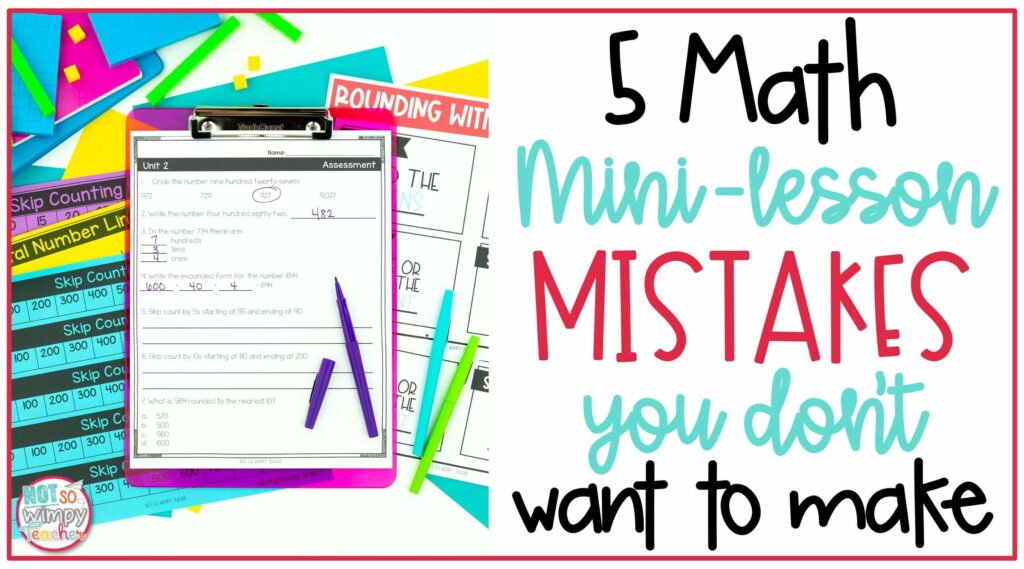
Math workshop is my favorite way to teach math because it makes differentiation easy and keeps kids engaged. Math workshop has four components: the math mini lesson, student centers, small group instruction, and sharing time. Today we are going to take a closer look at mini lessons. You can read more about math workshop here.
The mini lesson is probably the easiest part of math workshop to implement. It’s definitely the part that teachers are most familiar with. Chances are, up until now, you’ve been spending your entire math hour teaching the whole group.
In math workshop, the mini lesson is your whole group instruction. But it is only one part of your entire math block.
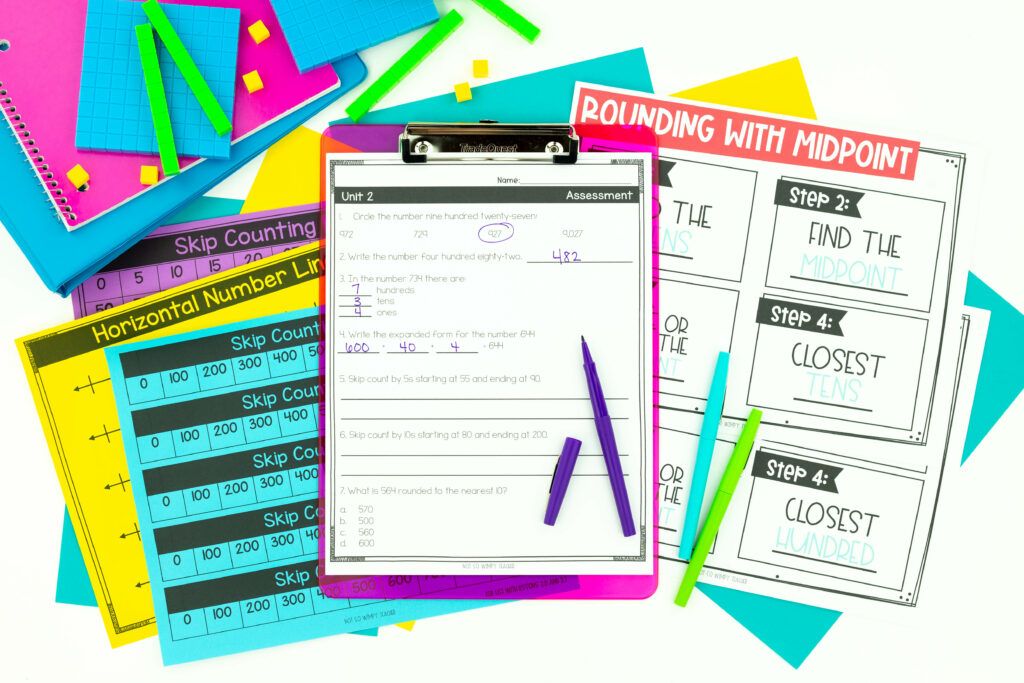
Why use math mini lessons
Many students find whole group instruction boring. This is especially true for your slowest learners, who spend most of a whole group lesson completely lost, and your most advanced students who don’t need an hour of instruction to learn a new skill.
When kids get bored, they get antsy. And that’s when behaviors start. The math mini lesson is your solution to student behavior problems.
Keeping whole group lessons brief keeps kids engaged and leaves ample time for differentiation in small groups and centers where most of the learning occurs.
Teaching the math mini lesson
Your math mini lesson focuses on important information that all your students need to know. The exact steps of the mini lesson will vary based on your curriculum, but I recommend that you do some or all of the following:
- Warm up: You can do skip counting, math fact fluency (if you’re looking to uplevel your math fact practice check out our new math fact fluency program that uses mixed facts and fun games to help kids achieve mastery of addition, subtraction, multiplication, and division facts), problem of the day or number study to open your lesson. This part of the mini lesson should take about 2 minutes.
- Review problem: This should be something your students can complete quickly. Remember to keep an eye on the clock.
- Model a new skill or strategy: This is the direct instruction part of the mini lesson. Make sure you think aloud as you solve the problem so students can hear your mathematical thinking.
- Introduce new vocabulary. Use vocabulary cards or anchor charts to ground your students in the lesson.
- Student practice: There are lots of ways to have student practice the problems. You can have them work on individual white boards, work with partners, or print out a problem set.
Shop This Post
Common Math Mini Lesson Mistakes
Not all mini lessons are created equal. In fact, many teachers struggle to teach effective mini lessons. Here are some common math mini lesson mistakes.
1. You spend too much time on review.
Review happens at the beginning of the lesson, so it can feel like you have all the time in the world to get to everything. But if you aren’t careful, you’ll quickly find yourself running out of time.
It’s easy to get sidetracked during review. You might give students too long to solve the problem, solicit too many answers, offer too many additional examples, or get sucked into reteaching a skill.
Your review problem should be relatively simple and straightforward to solve. If you routinely find yourself taking too much time for review set a timer to hold yourself accountable.
2. You give your students manipulatives during the mini lesson.
It takes so long to pass them out and collect them. Even if you have individual student bags, the distribution process takes up valuable time. Plus, it’s difficult to monitor whether everyone is using them correctly in a whole group setting. Manipulatives can also lead to behavior problems.
It’s fine for you to use manipulatives to teach strategies and skills during the mini lesson. Digital and magnetic manipulatives are perfect for the whiteboard. Or you can put smaller manipulatives under a doc cam and project them on the board. You can even draw simple pictures for modeling purposes.
There will be plenty of time for your students to explore manipulatives in your small groups and/or centers.
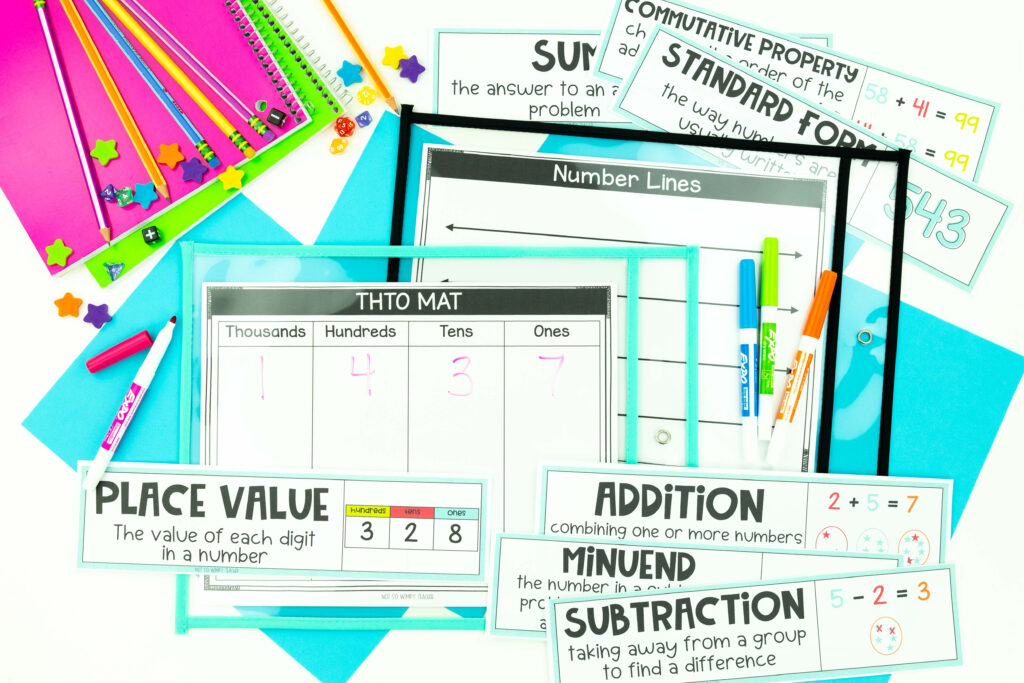
3. You talk too much.
Ugh. I know. This is a tough one for me. I love to talk, and that’s true of most teachers. We want to share everything you know with our students.
But the mini lesson is only about 20-30 minutes. (Shorter is better). You’re not going to cover everything your kids need to know about a concept in that amount of time. Think of the mini lesson as the introduction to your new math skill.
Try practicing your mini lesson ahead of time. You can even record yourself to see how much time it takes. Try to eliminate repetition and anything that’s not necessary to the lesson. It’s also a good idea to get your students talking to one another.
4. You go at the pace of your slowest learner.
All of your students are NOT going to master the skill during your mini lesson. That’s okay.
I know this one is hard to accept. We want all our kids to understand the lesson. When you look out and see confusion, it’s natural to give another example or to try explaining it another way. Your instinct is to keep waiting for that “a-ha moment!”
But that moment isn’t likely to come during the mini lesson. And even if it does, by then, you’ve lost the rest of the class. The mini lesson is only one part of your math lesson. Students will receive additional instruction in their small groups, and they will have an opportunity to practice new skills in centers.
If this feels hard for you, try reminding your slower learners that you will be meeting with them later to help them understand.
5. You spend too long on student practice.
You should not expect all students to finish all the problems. I liked to assign one or two from the beginning (the easy problems), one or two from the middle, and one or two from the end (where the problems are usually harder).
While students are working, walk around the room and notice who understands the problems, who is struggling, and which problems are causing trouble. Only pick the most challenging problems to review. Don’t waste time going over stuff that everyone already knows.
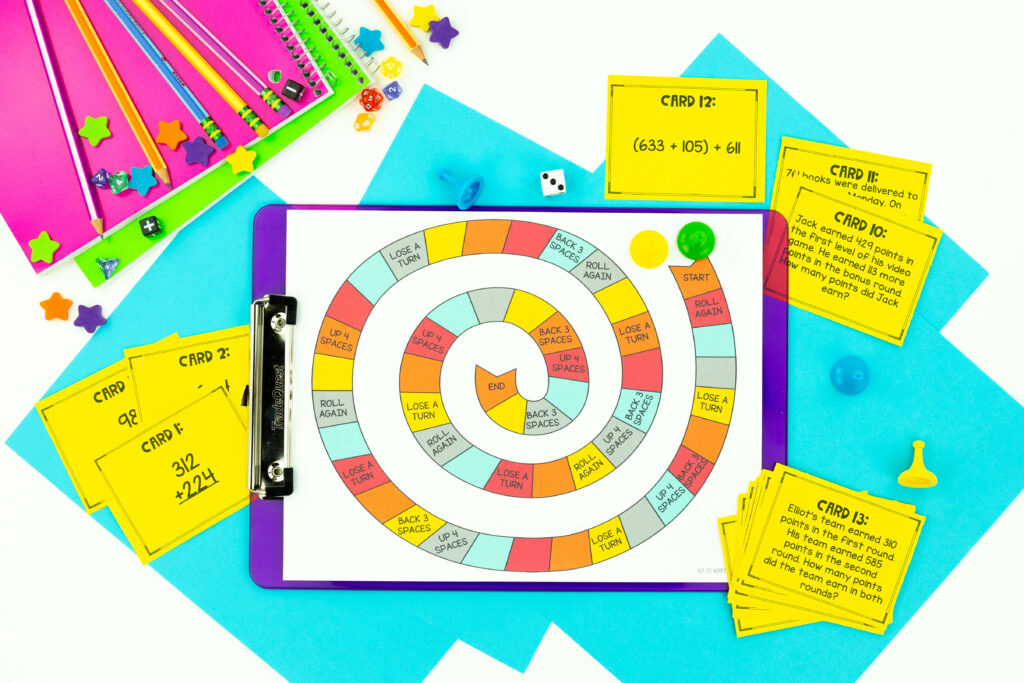
Ready-to-use mini lessons
My math units, available for grades 2-5, come with ready-to-use PowerPoints that will make teaching mini lessons (and the rest of math workshop) a breeze. These full year curricula include done-for-you math lessons. With the daily PowerPoints, all you have to do is open and teach. They guide you through the whole group instruction with an interactive mini lesson that kids love.
But these curricula are so much more than mini lessons. Both grades include ten units that cover all the essential grade-level standards. Each unit includes:
- An “At a Glance” calendar
- Vocabulary cards to help deepen student understanding of academic language and see models that are represented by the terms
- A pre-assessment to assess prior knowledge
- Anchor charts for visual learners and students to reference throughout the unit
- Daily lesson plans and activities for small-group instruction with intervention and extension suggestions
- Graphic organizers for scaffolding students in learning new math concepts
- Instructional PowerPoints to guide you through the lessons
- Student problem sets and homework provide practice opportunities
- Exit tickets for quick formative assessment
- Helpful tools and resources, like hundreds charts, skip counting charts, horizontal and vertical number lines, and more, ensure you have everything you need to meet the needs of all your learners
- Math games make practie and review fun
- Task cards to use in centers or as a whole group activity
- Comprehensive assessments, with questions modeled after standardized tests, and a scoring rubric
- A FAQs section provides answers to commonly asked questions about the resource and helps you get started right away.
- And there’s so much more, including project-based learning activities in some units.
You can read more about the third grade math curriculum here.
Shop This Post
Math Masterclass – Online Professional Development

If you are ready to make your math class awesome, you need to check out the Not So Wimpy Math Masterclass. I’ve created an online professional development course for teachers in grades 2-5 to help transform your math block from average to awesome!
In this course I will show you how to manage a fun, engaging, chaos-free math workshop so you can create a classroom full of confident students who LOVE math!
I’ll show you a tried and tested process for teaching math that works with any curriculum.
When you adopt this approach to teaching math:
- Planning, prepping, and teaching lessons will be simple
- All your students will experience growth and develop confidence
- You’ll have multiple daily opportunities to easily differentiate lessons
- Low students will get more attention and support
- High students will be stretched and challenged
- Students will develop deep mathematical understanding
- Behavior problems will be reduced
The Not So Wimpy Math Masterclass is my math-a-magical solution to an easy and effective math workshop.
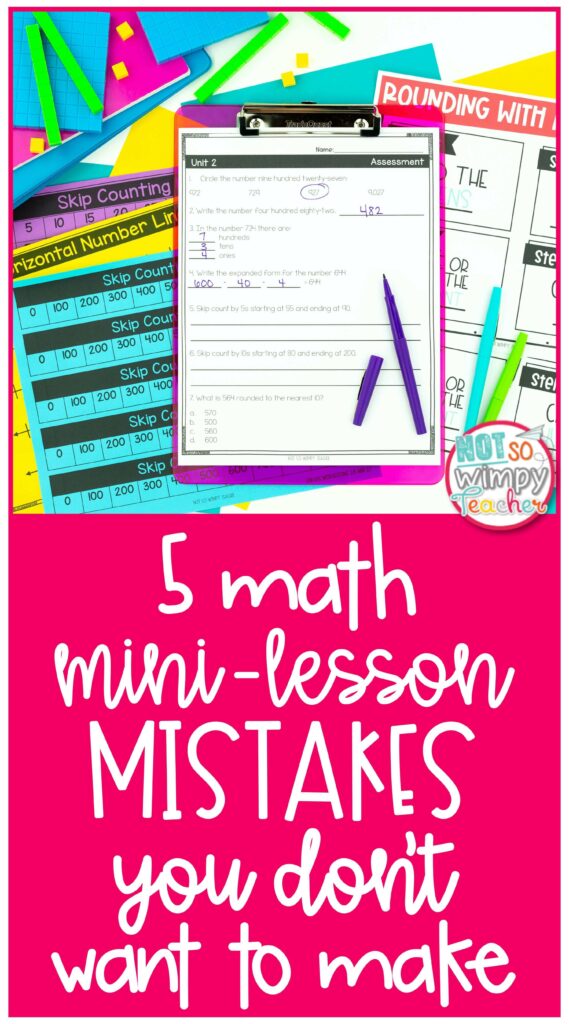
Have a Not So Wimpy Day,


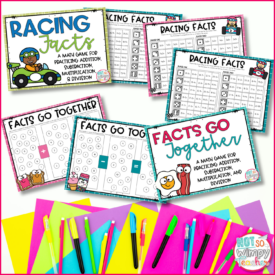
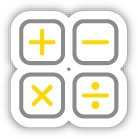
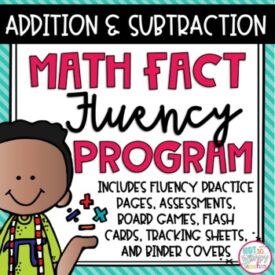
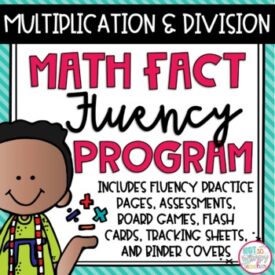
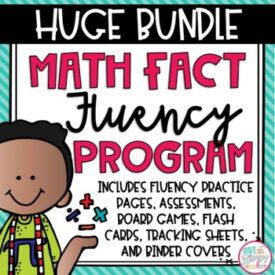
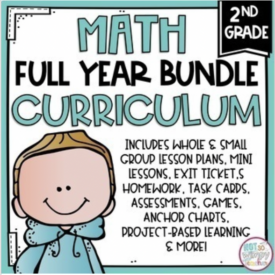
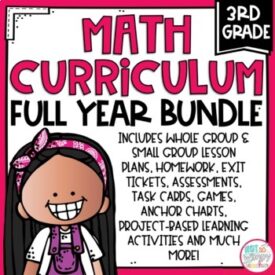
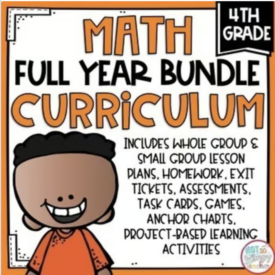
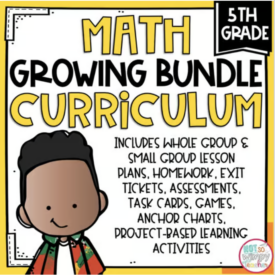
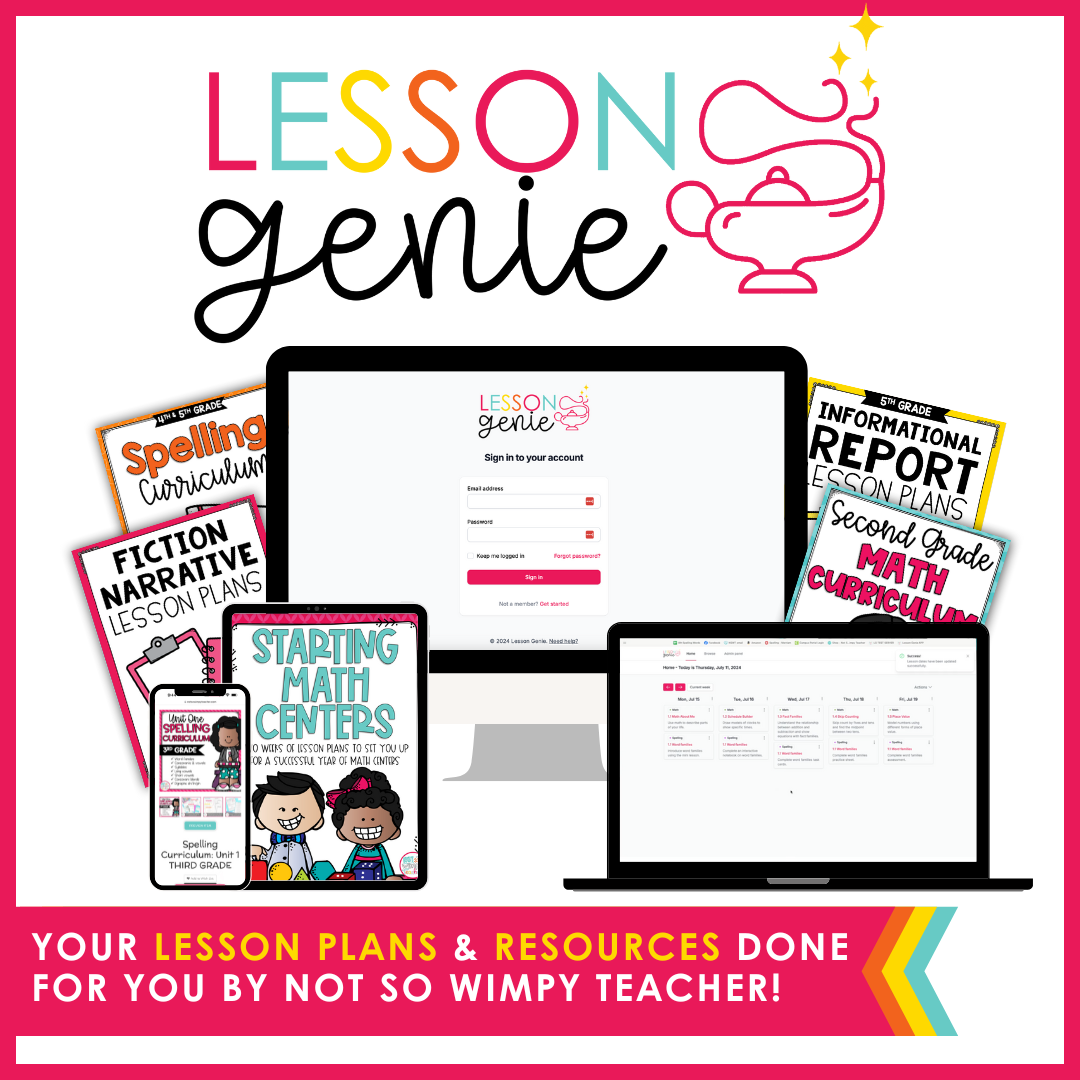
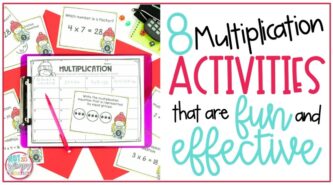
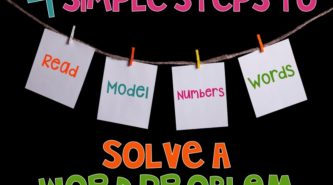
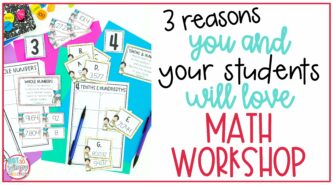
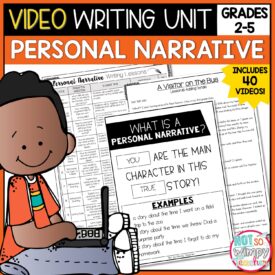
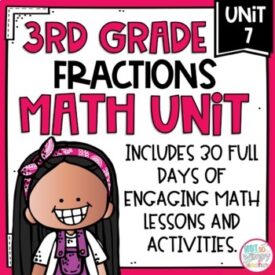
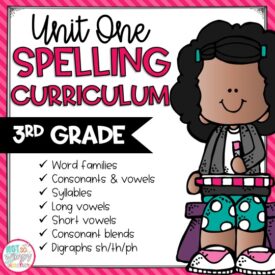


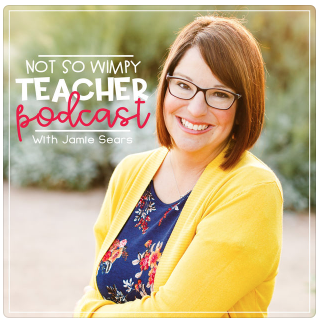




 End of Year Carnival Week for grades 2-5!
End of Year Carnival Week for grades 2-5!
Leave a Comment